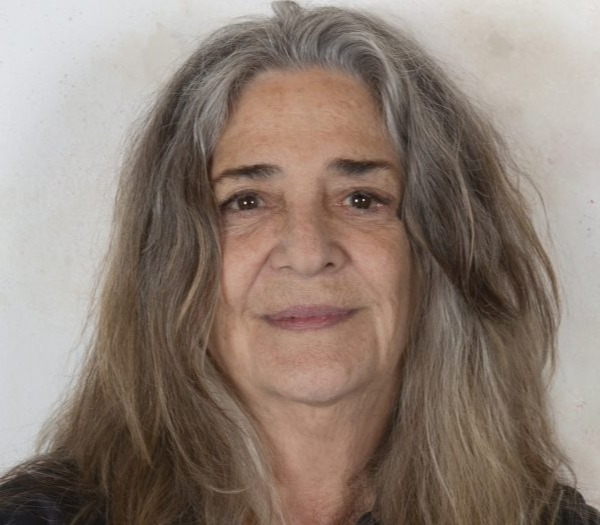
Rochelle Feinstein
Rochelle Feinstein is a leading contemporary American artist renowned for her diverse creative expressions encompassing abstract paintings, prints, videos, sculptures, and installations. Her multidisciplinary approach delves into the intricate interplay between language and modern culture.
Biography of Rochelle Feinstein
Born in 1947 in the Bronx, New York, Rochelle Feinstein earned her Bachelor of Fine Arts degree from Pratt Institute in 1975, followed by a Master of Fine Arts degree from the University of Minnesota in 1978, where she honed her craft and developed her artistic vision.
From 1980 to 1994, Feinstein shared her expertise as a faculty member at Bennington College, where she imparted her knowledge and passion for art to aspiring students.
In 1994, Feinstein's career reached new heights when she was appointed professor in painting and printmaking at the prestigious Yale School of Art. During her tenure, she also assumed the role of director of graduate studies, solidifying her influence within the academic realm. She continued to inspire and mentor emerging artists until she transitioned to Professor Emerita in 2017.
Feinstein's artistic prowess is widely recognized, with her works held in esteemed public collections such as the Museum of Modern Art (MoMA) in New York, the Museum of Fine Arts in Boston, the Lenbachhaus in Munich, and the Perez Art Museum in Miami.
Rochelle Feinstein's Art Style
Rochelle Feinstein's art style encompasses diverse mediums, including silkscreen, photography, and assemblage, often characterized by hard-edged graphic compositions. She navigates through late 20th-century painting history, celebrating materiality while challenging the notion of pure painting.
Feinstein draws inspiration from her immediate environment, incorporating written or visual materials that resonate with her surroundings, blurring the lines between history and personal biography. During her residency at the American Academy in Rome, she explored the deceptive nature of images by collecting photographs of a double rainbow and deconstructing its vibrant colors to create vacant atmospheres.
In her silkscreen paintings, Feinstein delves into themes of hate, using vintage images of Italian boxing matches from the late 1930s to mid-1940s as a visual reference.
Synthesizing elements of abstraction and representation, Feinstein prioritizes formal elements like patina and mark-making in her paintings, aiming to convey ephemeral inner states. Her work is renowned for its unpredictability and ironic references to pop culture and art history.
The grid motif frequently appears in Feinstein's work, serving as both a nod to abstract tradition and a reflection of modern life's structure, influencing both external and internal landscapes.
A sense of detachment pervades much of Feinstein's work, exploring themes of distance from people, sensory experiences, and the divide between expectations and reality.
Years:
Born in 1947
Country:
United States of America, New York